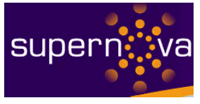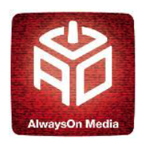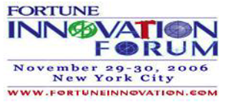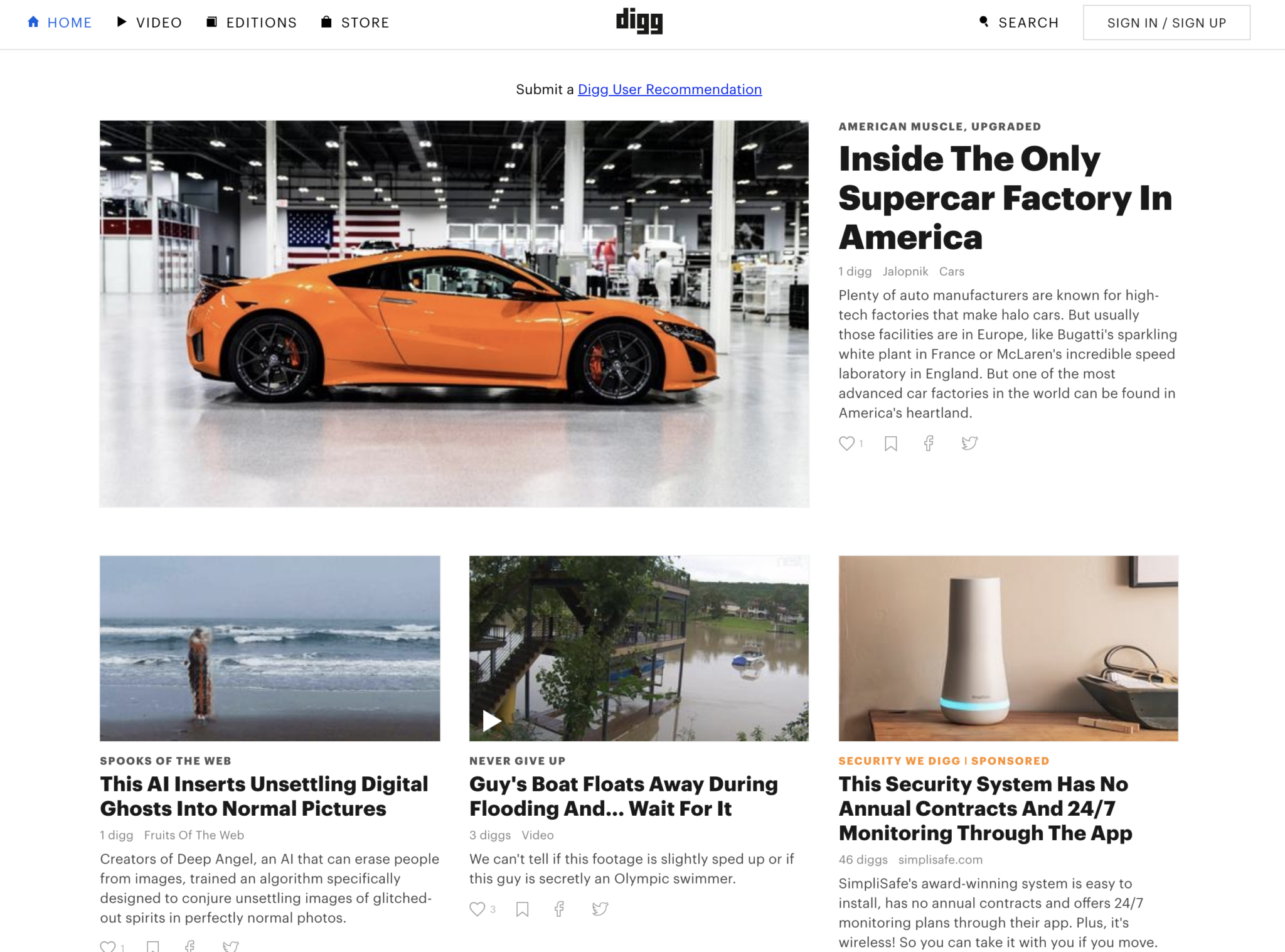

Case Study for Digg
New social followers
Estimated value of Digg by end of client-agency relationship
Tier one media features, including Fortune, Time and The Wall Street Journal
Industry and innovation awards

Background
While he was a popular TV personality at TechTV, Kevin Rose had an idea: to create a user-generated, democratic news and content web site and community that would be unencumbered by editors and driven by the will of its users. He called it Digg.
Bootstrapped by Rose, Digg faced already-established social content sites, such as Slashdot, del.icio.us and others. Although there was significant buzz surrounding the social content space within the tech community, the category was virtually unknown by the masses and the mainstream press. Digg was not known as a market participant, let alone a leader, and the small Digg user base consisted mostly of self-described “geeks”, many of whom were already dedicated users of other similar sites.
When Kevin and his partner Jay Adelson brought in Karbo and her partner to help publicize the site and take it from a personal project supported by friends and a small fan base from TechTV to a community open to the Internet masses, it was clear that there was a great deal of work to be done.
Objectives
The ultimate goal was to make Digg the leader in its space and draw general interest in the site by increasing the number of registered users and general visitors. At the same time, there was a significant amount of education that needed to be done about the social content space, this new offering, and the unique features and benefits of Digg.
The immediate goals were to increase media and blog awareness of Digg and to generate “buzz” for the company as a cool, non-corporate startup with an offering that could revolutionize the web.
Execution
After developing a strategic positioning platform that addressed the company’s goals, target markets, competitive landscape and communications objectives, The agency began an aggressive media, analyst and blog outreach program. This was done through a detailed program that involved many targeted initiatives to specific influencers (bloggers, podcasters, traditional media, pundits, Web 2.0 personalities, etc.), rather than the traditional approach of blasting out numerous press releases. In fact, the agency only developed two press releases for Digg in its first year.
By focusing on building a dedicated grassroots community, the agency was able to heighten Digg’s awareness within their most important constituency while building a solid foundation to approach traditional media.
Results
Within only nine months, Digg went from a relative unknown to one of the hottest companies in Silicon Valley (as positioned in Business Week’s August 2006 cover issue featuring Kevin Rose and Digg). At the same time, Digg grew from a registered user base of just a few thousand to an exuberant base of half a million, doubling its growth rate every three months. Some analysts have even estimated Digg’s value of $200 million
In addition, Digg has won a variety of accolades including Time Magazine’s “50 Coolest Websites”, Business Week Magazine’s “Web Smart 50”, Newsweek Magazine’s “Tipsheet”, Businees 2.0 Magazine’s “Next Net 25”, PCWorld’s “100 Best Products of 2008”, TechCrunch’s “Crunchies” and Webbly Award’s “People’s Voice Award”.
The original positioning developed by the agency as well as the execution of the PR program have been significant contributions to the company’s success. The posittioning helped Digg maintain its “hip” image within its core technology user audience, while expanding into new content areas that engage an entirely new group of users.
The positioning of Digg has also enabled it to thrive despite growing competition from the likes of Time Warner Corporation’s Netscape and Yahoo!’s Yahoo!Buzz The PR initiatives launched by the agency to counter the launch and activities of Netscape and Yahoo! have helped to position Digg as the leader in the space, while Netscape and other “Digg clones” have suffered significant negative media attention for copying the Digg model.
Media placements for Digg:






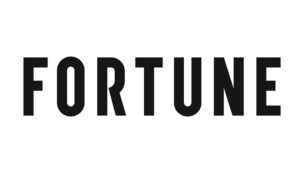








Award placements for Digg:
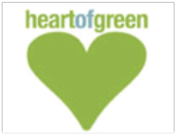
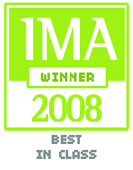
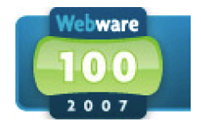
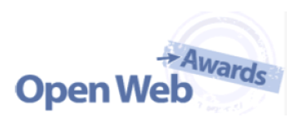
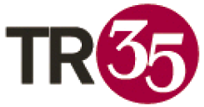
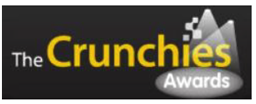
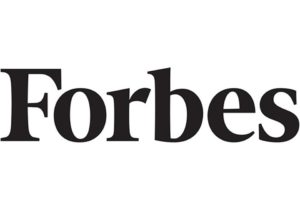
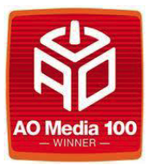





Speaking placements for Digg:




